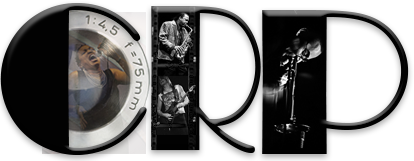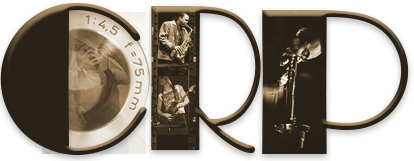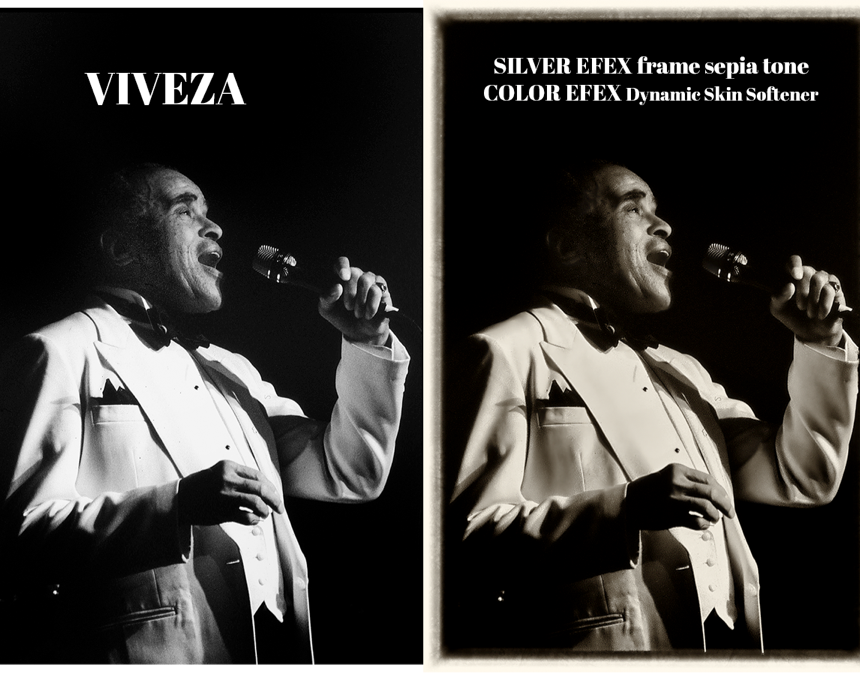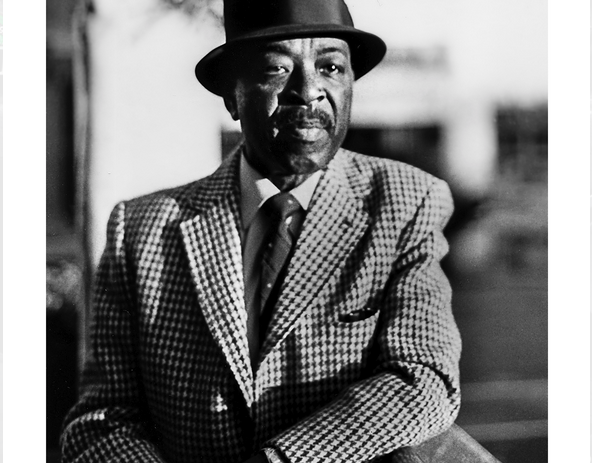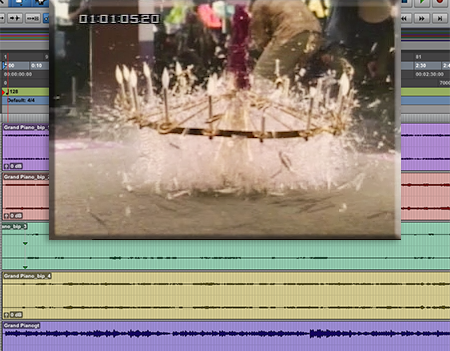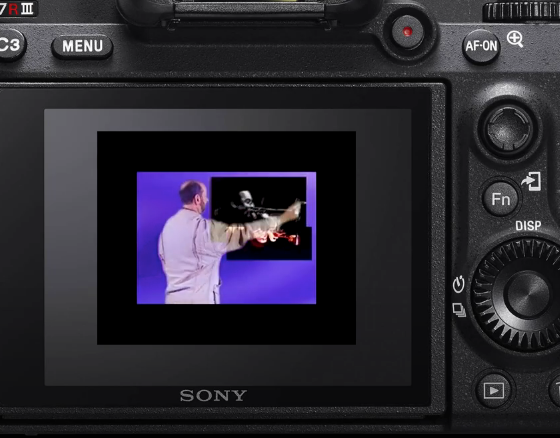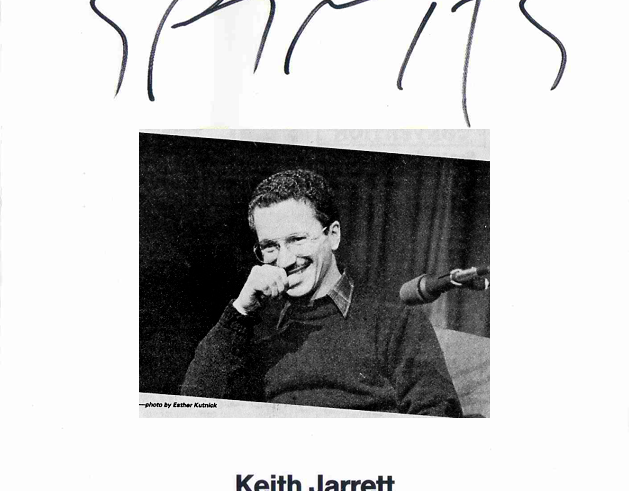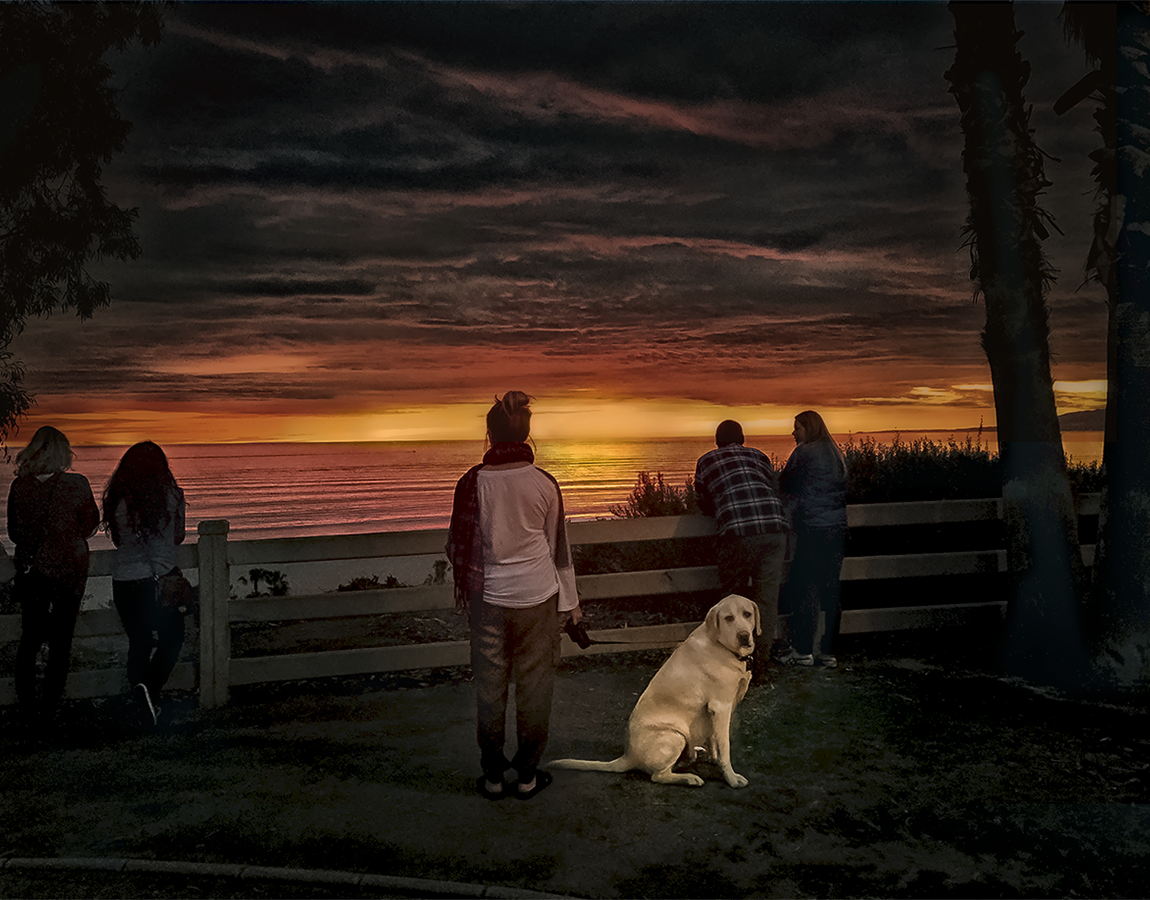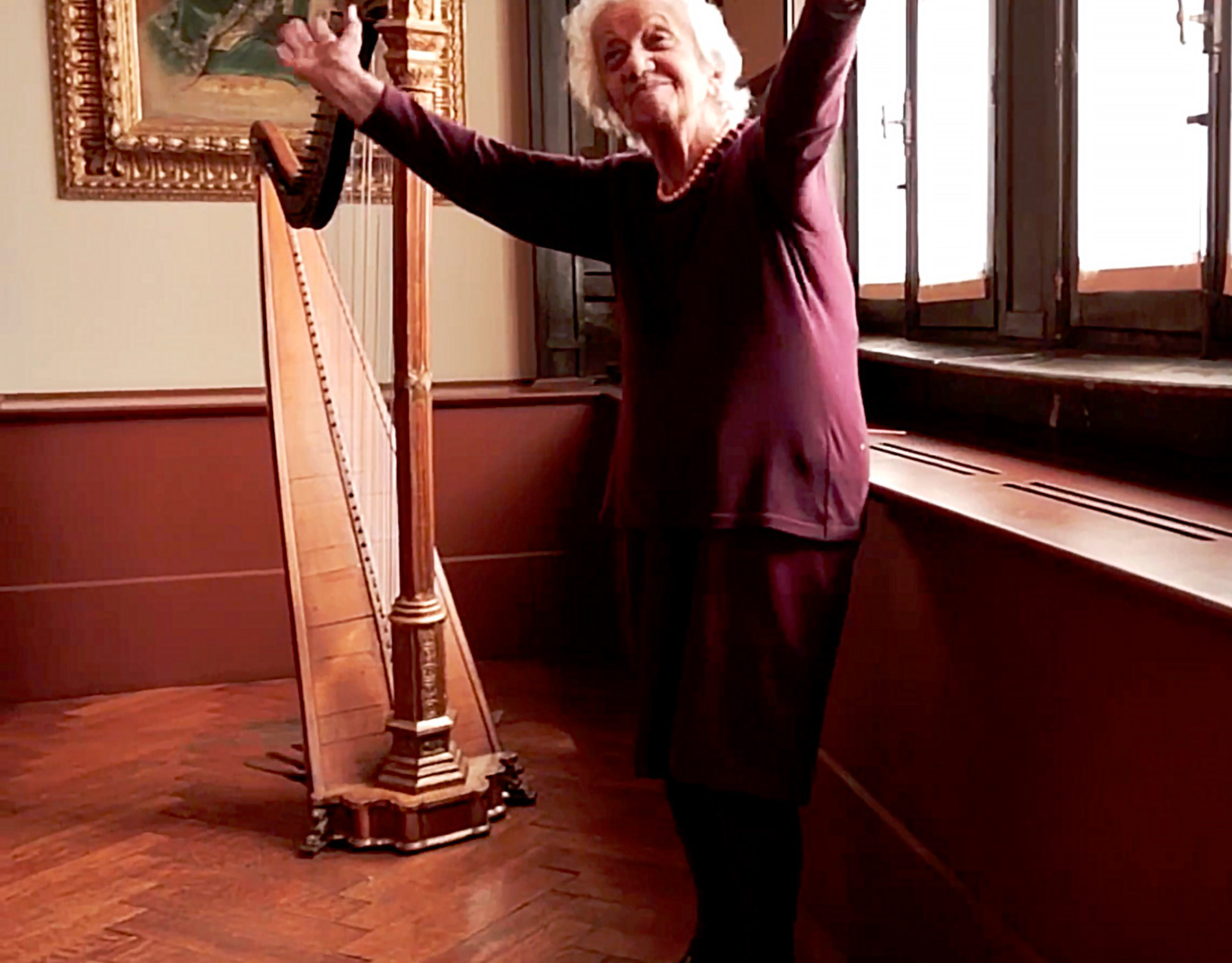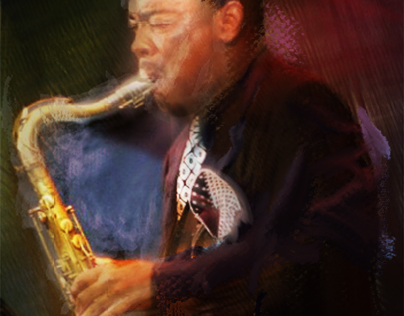In a town which seems to celebrate panic, ill temper and lack of grace as a style of working and living; composer Jerry Goldsmith seemed a transcendent being, adjusting himself to whatever last minute demands or changes were thrown his way with a Buddhist bearing and chameleon-like aplomb.
Even though soundtracks generally figure in more frames than a film’s multi million dollar stars, they are most often composed, conducted, and recorded in three weeks or less (in the case of Jerry Goldsmith’s Chinatown, ten days), frequently under pressure from studios who have spent those millions, and more or less run out of time. The coherent and beautifully crafted scores which artists like Jerry Goldsmith compose, then, must be seen as minor miracles, ones they produce on demand. (Stravinsky, after previewing a film he was hired to score, remarked how wonderful it was and guaranteed delivery of his music in nine or ten months. They thanked Igor for his time and called in one of the regulars.)
Often your score is mangled in a sound mix or cut altogether. It never seemed to upset Jerry Goldsmith (Star Trek: First Contact), as he pointed out to a young journalist (Bob Hershon), who was enraged by the injustices of the “business, “When they [the studios] buy your score, it’s like a jacket. If they want to cut off the sleeves and make a vest, it’s up to them,” said Goldsmith, who saw his score for Legend axed in favor of one by Tangerine Dream.
One way to correct the situation was through Goldsmith’s crusading efforts to rescue butchered scores by re-recording them; Goldsmith rescued and restored for posterity the score of A Streetcar Named Desire, which was presented for the first time in its entirety. Entire sections of Alex North’s revolutionary jazz score were eliminated from the movie because they were deemed too suggestive.
Even though soundtracks generally figure in more frames than a film’s multi million dollar stars, they are most often composed, conducted, and recorded in three weeks or less (in the case of Jerry Goldsmith’s Chinatown, ten days), frequently under pressure from studios who have spent those millions, and more or less run out of time. The coherent and beautifully crafted scores which artists like Jerry Goldsmith compose, then, must be seen as minor miracles, ones they produce on demand. (Stravinsky, after previewing a film he was hired to score, remarked how wonderful it was and guaranteed delivery of his music in nine or ten months. They thanked Igor for his time and called in one of the regulars.)
Often your score is mangled in a sound mix or cut altogether. It never seemed to upset Jerry Goldsmith (Star Trek: First Contact), as he pointed out to a young journalist (Bob Hershon), who was enraged by the injustices of the “business, “When they [the studios] buy your score, it’s like a jacket. If they want to cut off the sleeves and make a vest, it’s up to them,” said Goldsmith, who saw his score for Legend axed in favor of one by Tangerine Dream.
One way to correct the situation was through Goldsmith’s crusading efforts to rescue butchered scores by re-recording them; Goldsmith rescued and restored for posterity the score of A Streetcar Named Desire, which was presented for the first time in its entirety. Entire sections of Alex North’s revolutionary jazz score were eliminated from the movie because they were deemed too suggestive.
“When I first heard the score, I was blown away by the fact that something distinctly American came on the screen,” Goldsmith remarked. “Up until that time, the film music of Max Steiner and others was dominated by the Viennese School or Ravel. Even Copland’s scores (The Heiress) never used contemporary jazz and orchestra in such a dissonant, rhythmically and contrapuntally involved manner. He did more than use a jazz combo; it was really the first jazz score with strings. Some said it was The Man with the Golden Arm or The Wild One, but Alex was the first.”
"When I heard the intimate way he got inside of the characters and worked with the dialog, I knew the doors were now wide open to do whatever you wanted to in a score."
Goldsmith, who was Alex North's best friend, also conducted and recorded North's score for 2001, which was composed for, but never used by, Stanley Kubrick.
I talked to Goldsmith about the problem of what to include on a “best of'” anthology CD (Jerry Goldsmith 40 Years of Film Music, Goldsmith Conducts Goldsmith, Film Music of Jerry Goldsmith) "The problem is, what do you include?" Goldsmith queried.
Basic Instinct, which was one of my favorite scores; the film was so beautifully edited that the music practically wrote itself. Film, after all, is a rhythmic medium--the images go through the projector at twenty-four frames a second."
And of course Jerry Goldsmith went through life, a rhythmic medium, always generous with his time, talent and energy.
